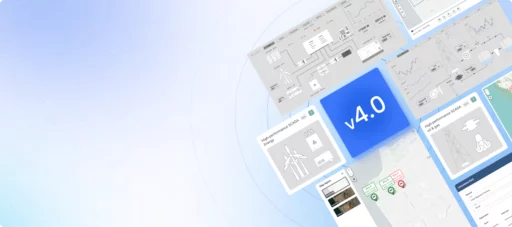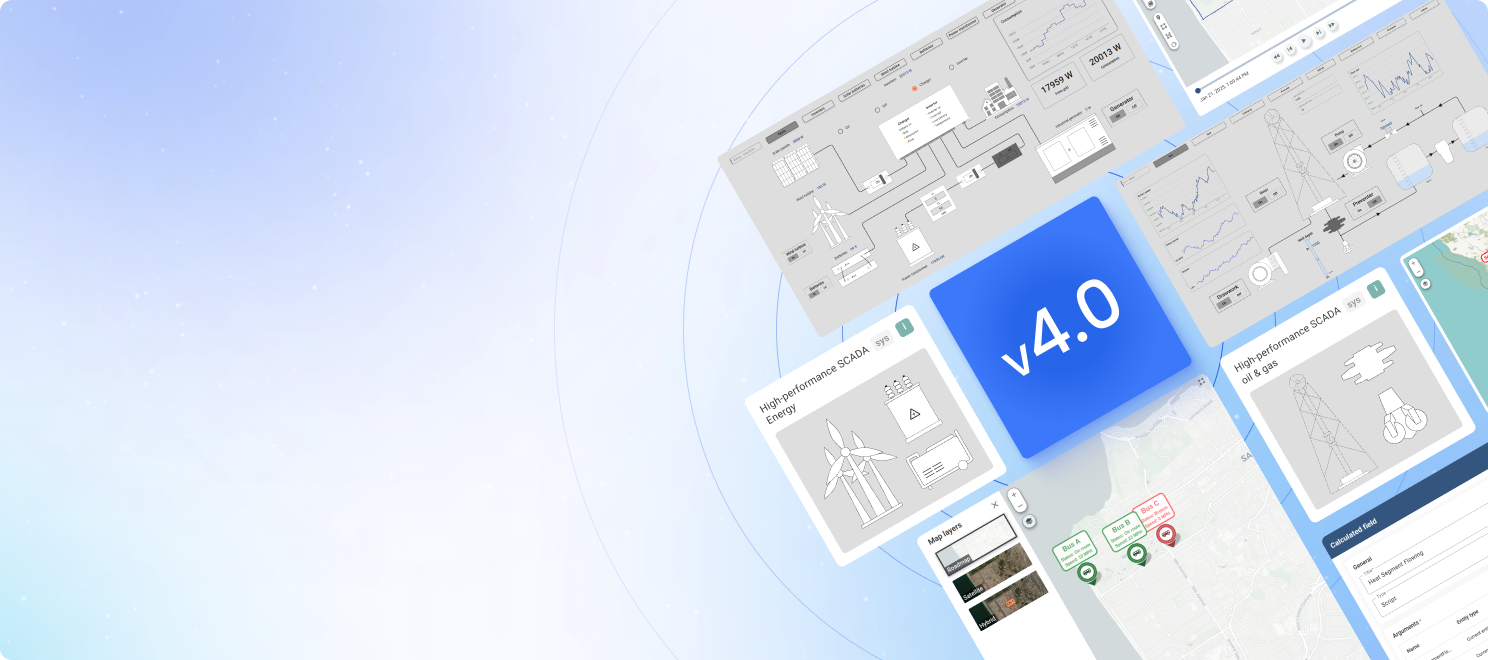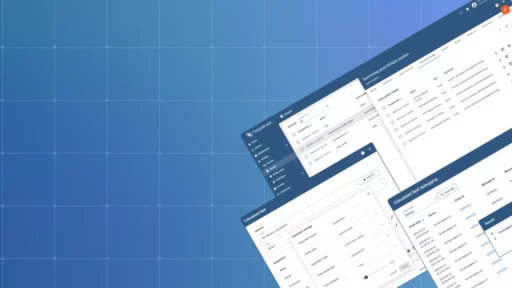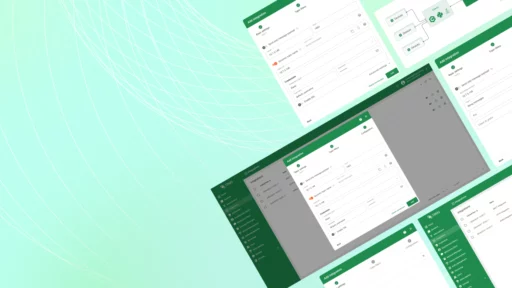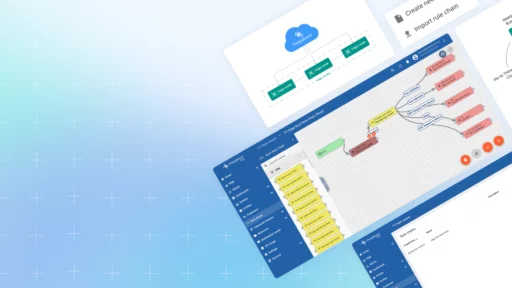We’re excited to announce the release of ThingsBoard 4.0 — packed with powerful improvements for both back-end performance and front-end usability. From blazing-fast data queries to new map widgets and SCADA symbols, this update delivers tools IoT engineers will appreciate in real-world deployments. Let’s dive into the highlights.
All-New Map Widgets
ThingsBoard 4.0 introduces an all-new set of Map Widgets with upgraded visuals and a smoother setup process. Whether you’re configuring layers, customizing marker icons, or designing polygons—including image-filled ones—everything is now more intuitive and flexible. We’ve also enhanced the user experience by simplifying how end-users add markers and shapes directly on the map. Explore the updated documentation to see what’s new.
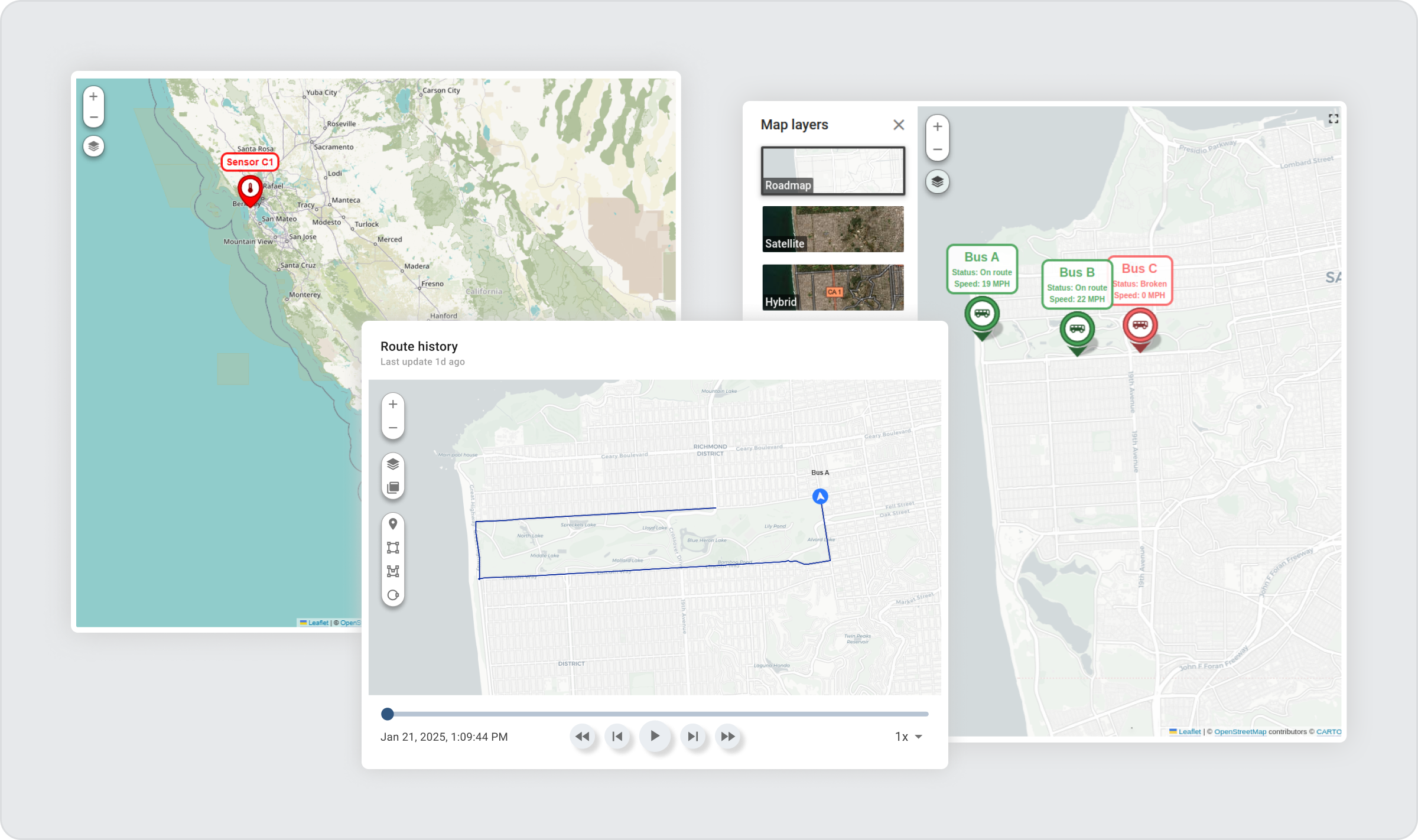
Calculated Fields
The new Calculated Fields feature allows you to define dynamic, server-side expressions that compute values using telemetry, attributes, or static data. This eliminates the need for rule chains in many scenarios, making dashboards easier to build and maintain.
High-Performance Entity Data Query Service (EDQS)
Meet the Entity Data Query Service (EDQS) — a high-speed, in-memory engine optimized to handle dashboard queries in under 10 milliseconds. It dramatically reduces the load on the underlying database and boosts the performance of dashboards and widgets querying large volumes of entity or time-series data.
Ideal for: large-scale setups managing hundreds of thousands or even millions of devices and assets, where fast filtering and data querying are critical. Stay tuned for our deep-dive blog post (coming soon).
Oil & Gas SCADA HMIs and Solution Template
The ThingsBoard team has released a new set of SCADA symbols tailored for Oil & Gas drilling systems. These include key components like the Preventer, Drawwork, Rotor, Drilling Rig, Turbine, Oil Pump, Gas Wellhead, and Separator — all now available in the Community Edition.
To help you get started, we’ve also built a dedicated solution template that demonstrates how to use these symbols effectively in real-time dashboards.
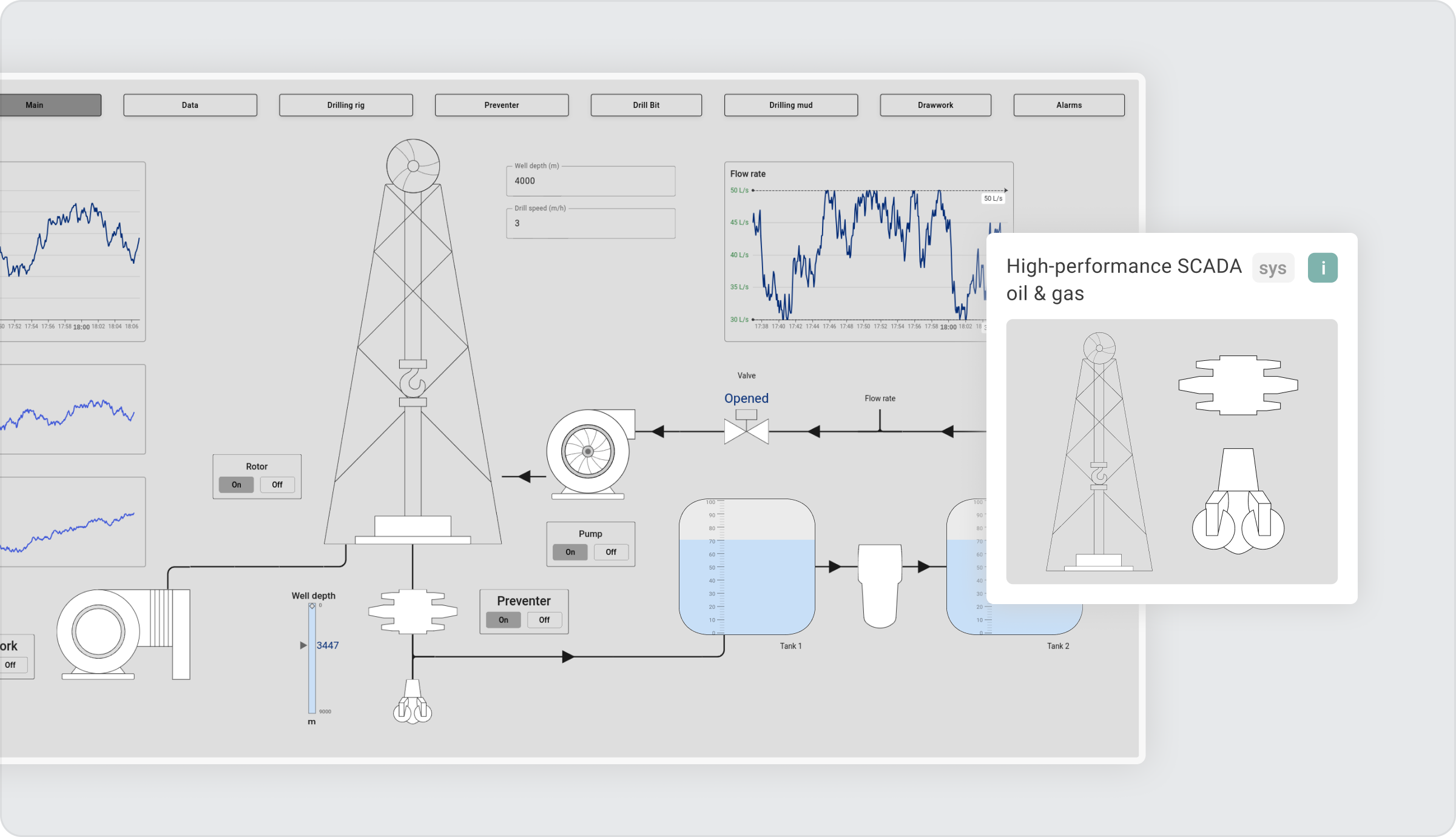
Energy SCADA HMIs and Solution Template
We’ve also expanded our SCADA symbol library to support renewable and traditional energy systems. The new set includes high-performance symbols for Wind Turbines, Batteries, Solar Panels, Generators, Inverters, and more — each optimized for real-time rendering and interaction.
Just like with Oil & Gas, a dedicated Energy solution template is available, showcasing best practices for building interactive dashboards tailored to energy monitoring and control.
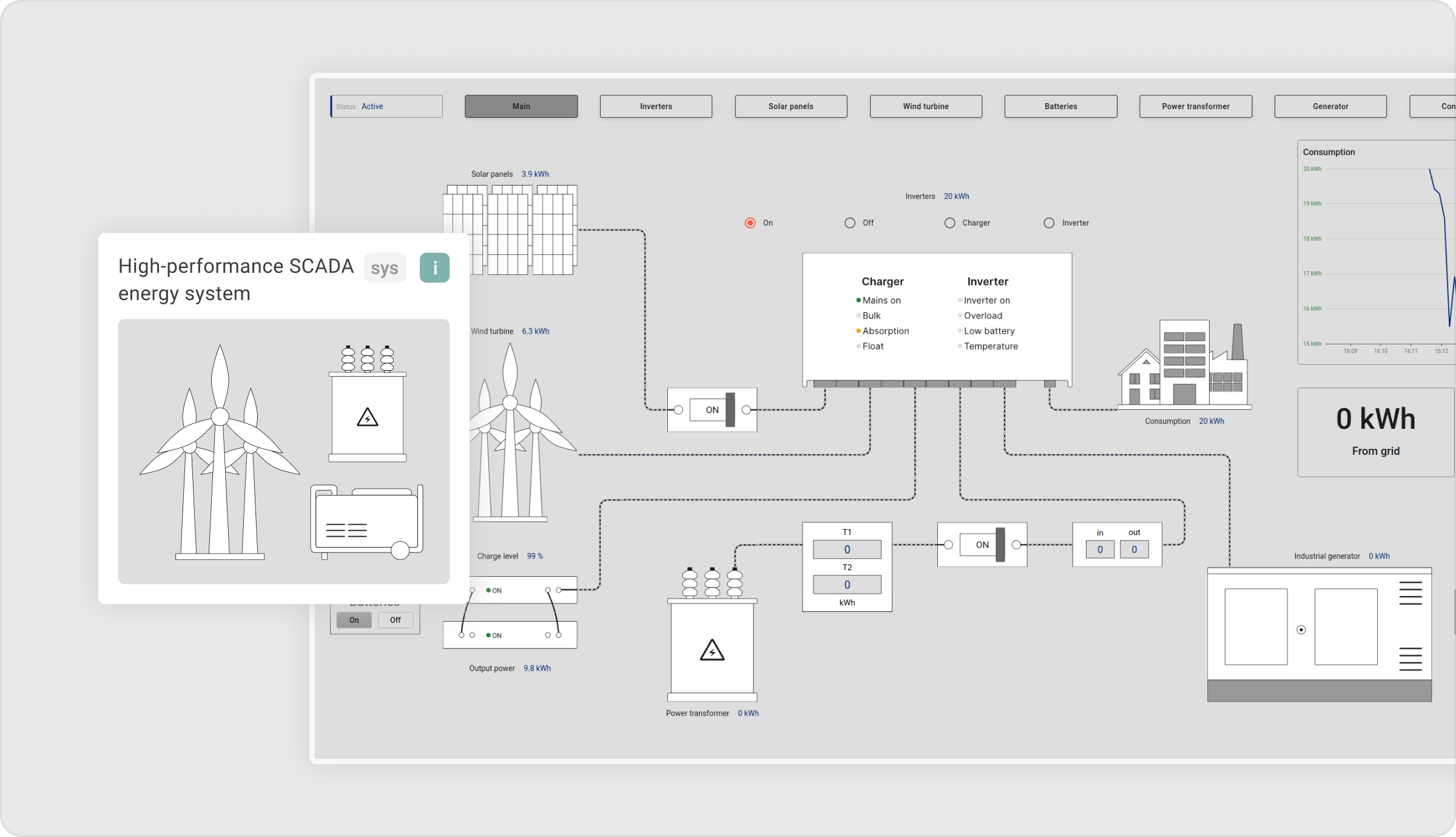
Improved widget header button support
Previously, widget header buttons were limited to standard icon buttons. With ThingsBoard 4.0, every widget now supports a wider range of Material Design button styles, including accent buttons, Floating Action Buttons (FAB), and more. This enhancement offers greater flexibility in designing user-friendly, visually consistent dashboards.
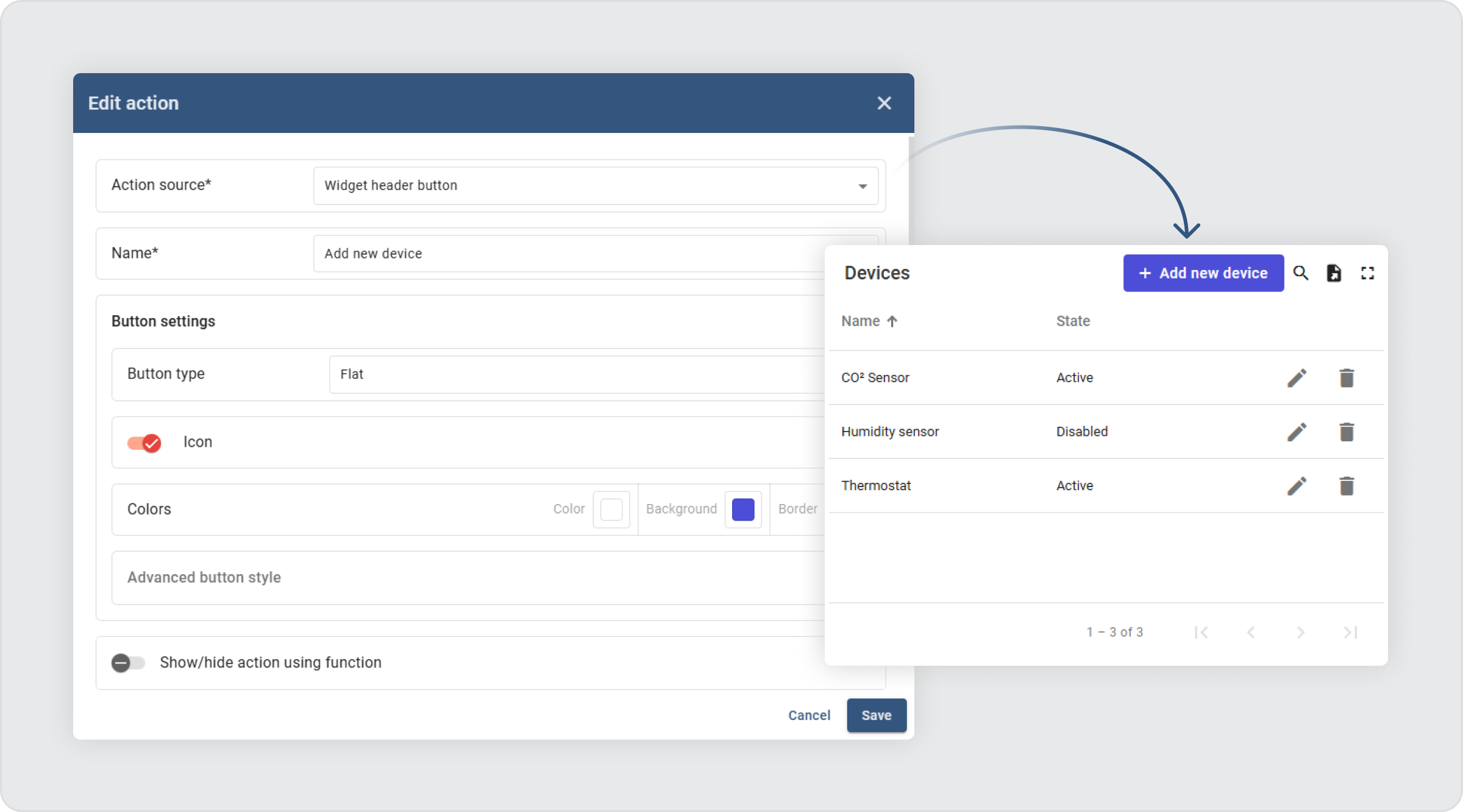
Typed Uplink data converters
Designed for use with a specific integration type, they significantly simplify data conversion. Instead of handling payload decoding in the converter, ThingsBoard now automatically unwraps the incoming data from the integration. This means you only need to define a converter for the raw payload received from the device.
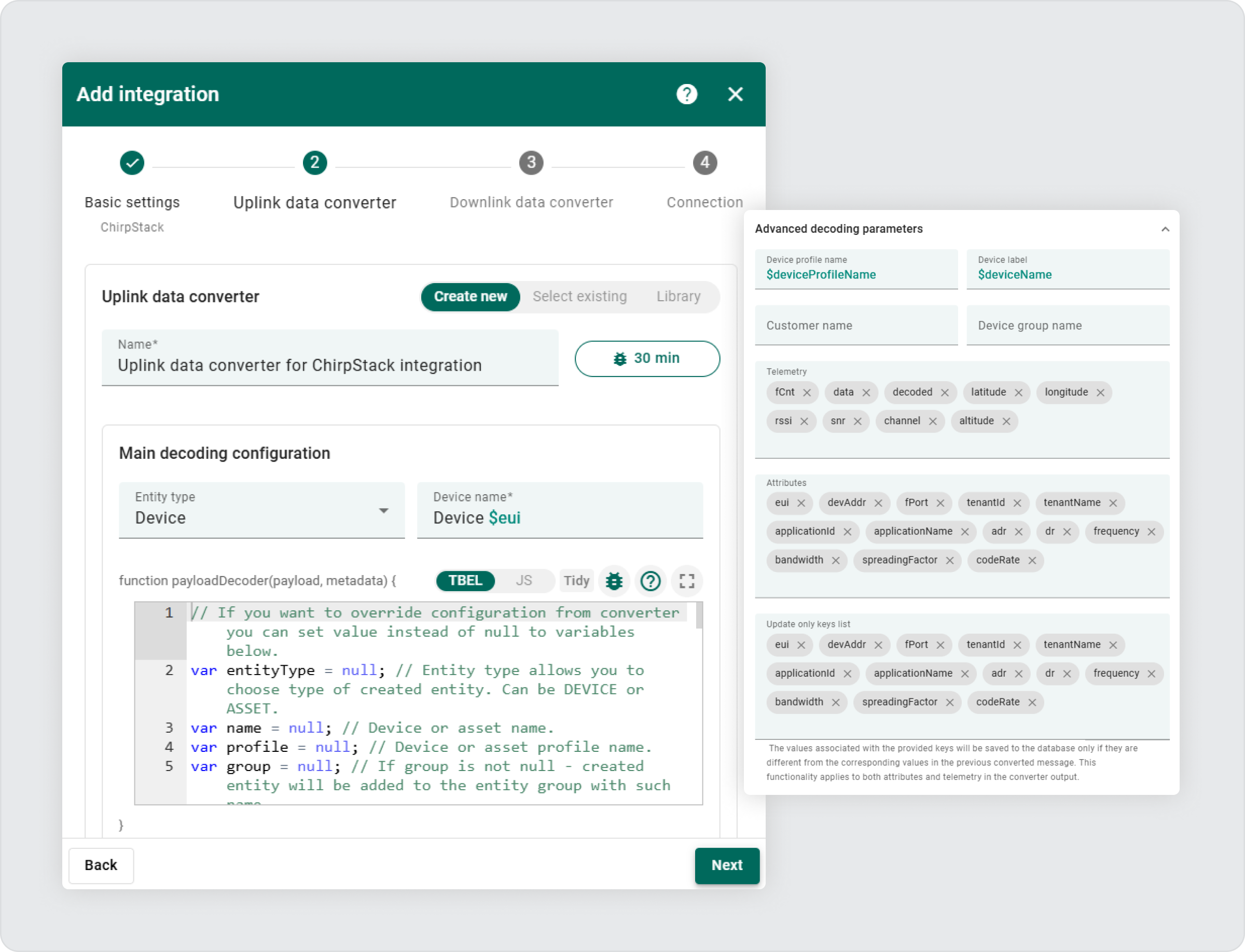
Breaking Changes
Deprecated Queue Types
All queue types except Kafka have been removed. If your deployment relied on other queues like RabbitMQ, you must now migrate to Kafka. Ensure your infrastructure and configuration are updated to reflect this change.
Removed flex-layout Library
We have removed the flex-layout library that was deprecated since Angular 15. More details in official Angular Blog post. Any custom UI components or extensions using flex-layout will no longer work. We recommend migrating to TailwindCSS.
Final Thoughts
ThingsBoard 4.0 brings both speed and flexibility to your IoT solutions. Whether you’re managing hundreds of thousands of devices or fine-tuning a SCADA dashboard, these release will help you build better, faster, and more scalable systems.
